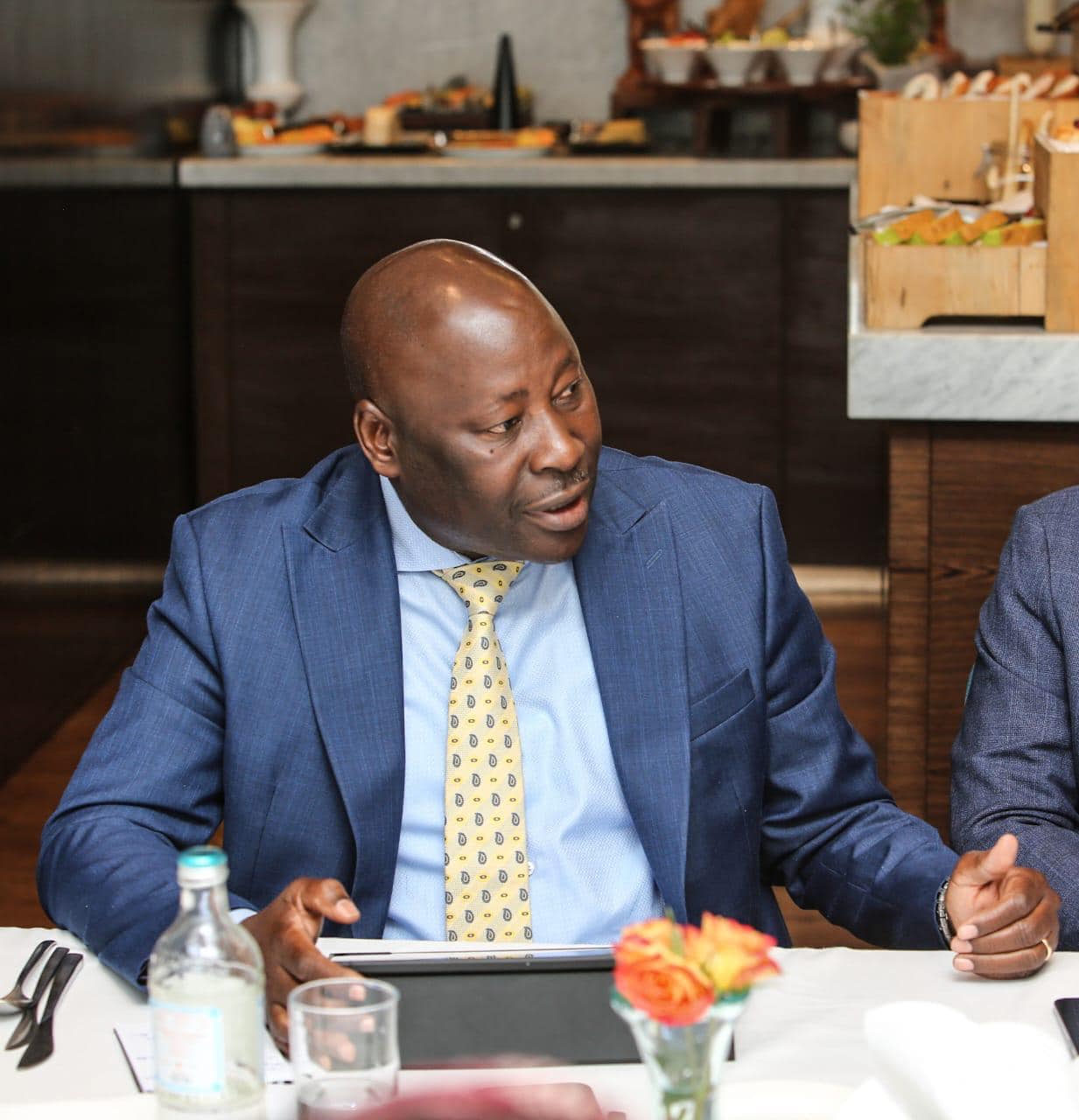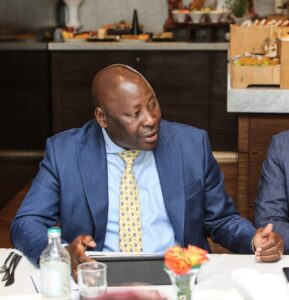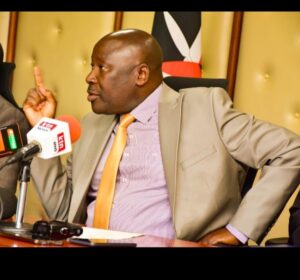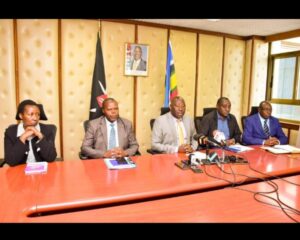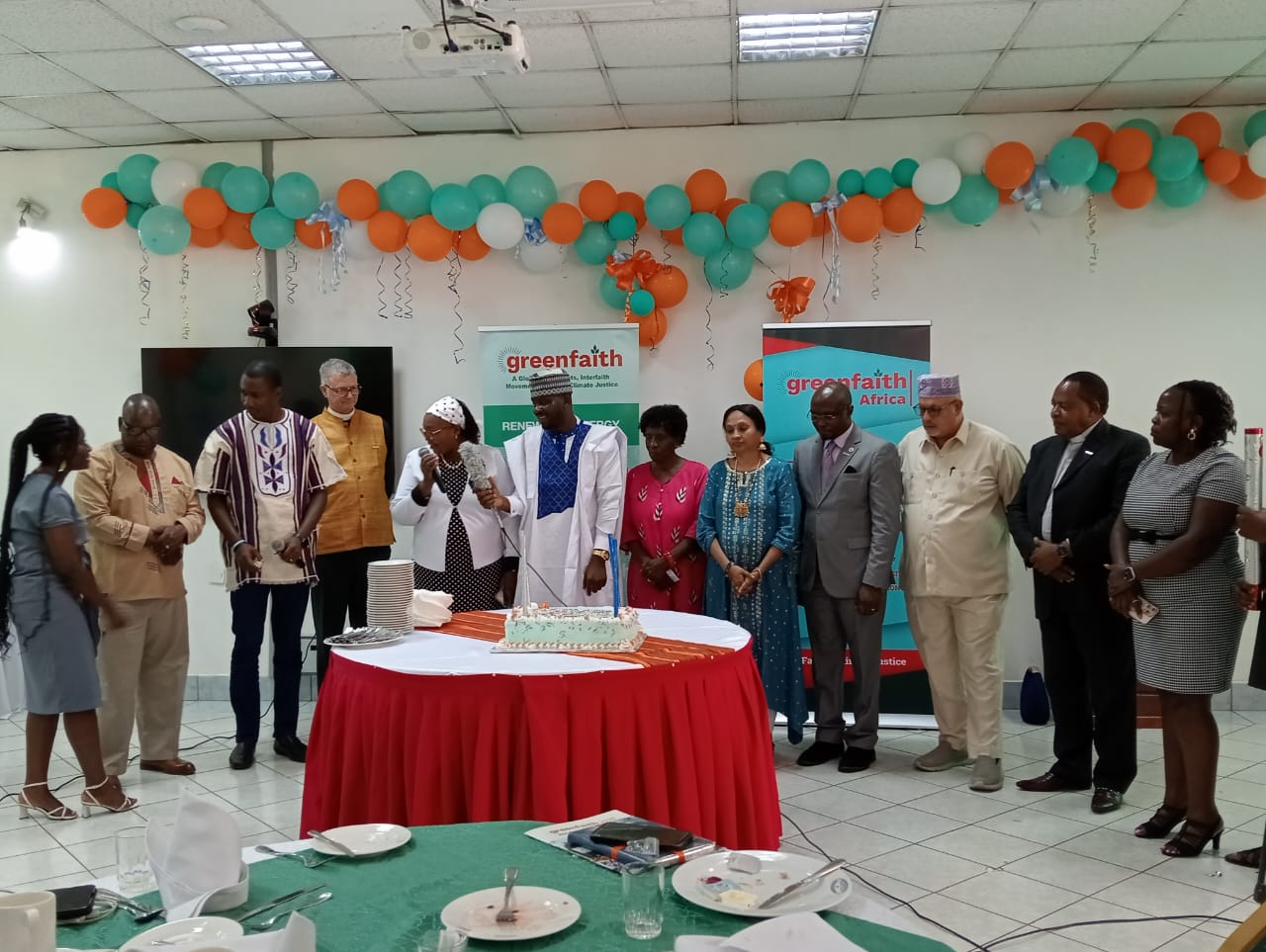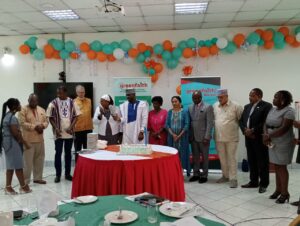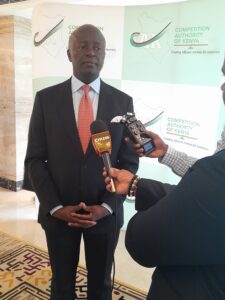
The First International Competition Network (ICN) Workshop planned by Competition Authority of Kenya (CAK) took place in Nairobi at Ole sereni with a theme Bouncing Back: Competition Advocacy and Resilience to Global Shocks.
“The competition regime in Kenya, and Africa, has occasioned immense benefits to our citizens. Earlier this month, Uganda joined the jurisdictions determined to promote competitive markets and enhance consumer welfare by enacting a competition law, while Rwanda has commenced implementation of its own legislation. Regional agencies have also expanded the scope of their mandate to regulate conduct that has a cross-border dimension, an important ingredient for regional trade and integration. Of note here is the East Africa Community Competition Authority Act, which is now operational, and the COMESA Competition Commission which is also actively executing its mandate. It is important to note that these regional agencies have entered into partnerships with national agencies, including the Competition Authority of Kenya, in order to enhance efficiency, transparency and predictability when handling matters with a cross-border dimension in order to promoted investment, while sanctioning anti-competitive conduct appropriately.” Said Mr. Shaka Kariuki, Chair, Competition Authority of Kenya.
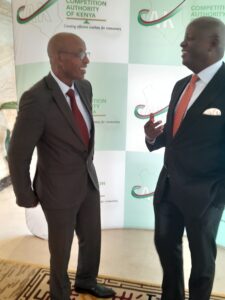
The Kenyan Government recognizes the important role that Competition play in the economy, and has over the last 13 years supported the Authority in delivering its mandate. Specifically, policy guidance, human and financial resources support, and approval of the requisite documentation by the National Treasury have been instrumental in the Authority’s successful competition position that we are today. The Authority uses market inquiries as one of its advocacy tools that has resulted in either policy reviews or amendments of the Competition Law to make it more versatile, or enforcement actions that eventually enhance consumer welfare.
“The need for a robust competition policy and effective advocacy has never been more pronounced, than in the current economic landscape. A landscape characterized by unprecedented technological advancements and interconnected market dynamics, emerging challenges occasioned by climate change, and unforeseen global emergencies. Hence, the theme of this workshop: Bouncing Back: Competition Advocacy and Resilience to Global shocks. As we convene here, we must take advantage of the opportunity to engage in constructive dialogue, share best practices, and generate strategies that will not only respond to, but also shape, the future of competition policy worldwide.” Said
Dr. Adano Wario Roba, Ag. Director General, Competition Authority of Kenya
In addition to this, various toolkits including sample contracts for the insurance and retail sectors, code of practice for the retail trade, Public Interest Guidelines, and Competition (General) Rules, 2019, and compliance programs for businesses have been developed to enhance transparency, predictability, and accountability in the application of the law. Our engagement with our diverse stakeholders has seen an increase, not only in compliance with the law, but also increased consumer awareness of their rights and obligations.
Finally, the Authority continues to use the ICN work products for its mandate delivery to enhance predictability, transparency and accountability a feat that would not have been possible without ICN networks’ invaluable contributions to the development of our Authority. For that, we are eternally grateful.


